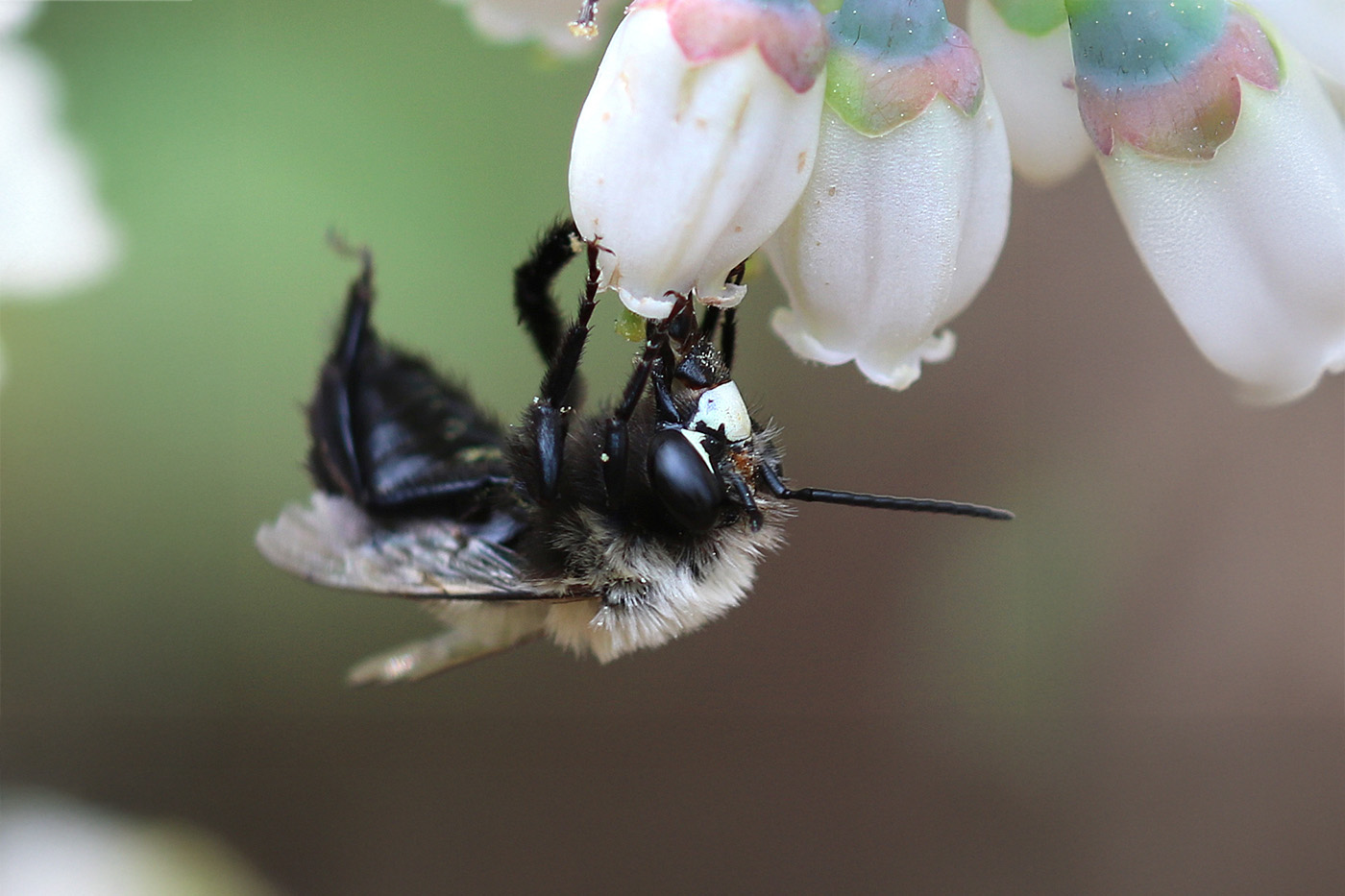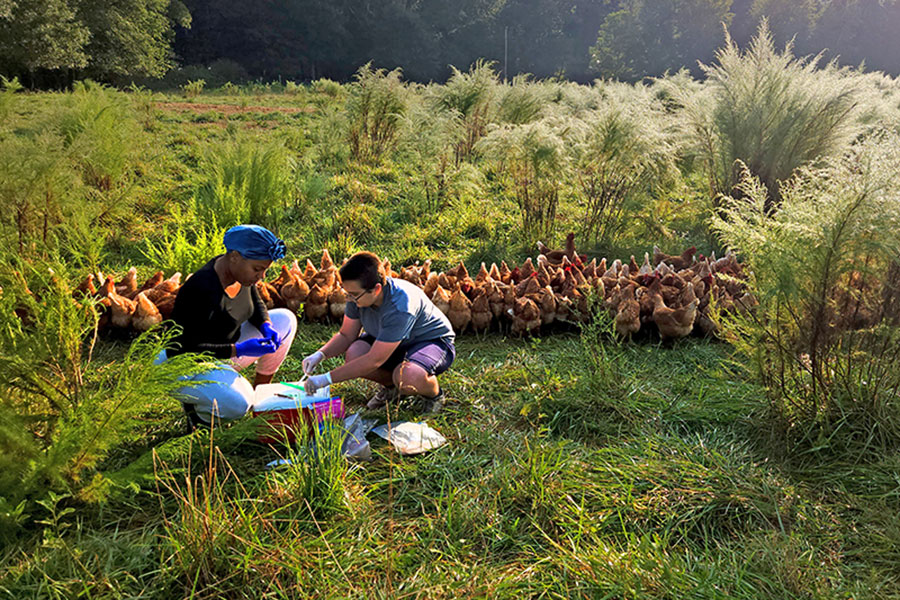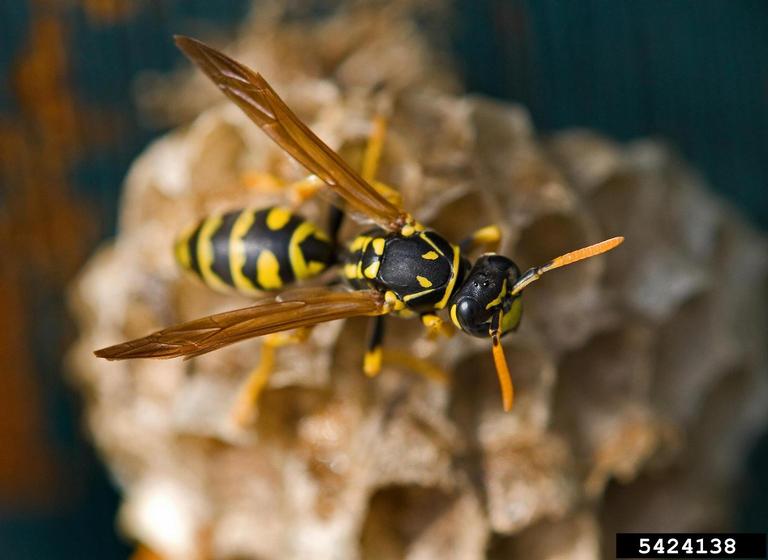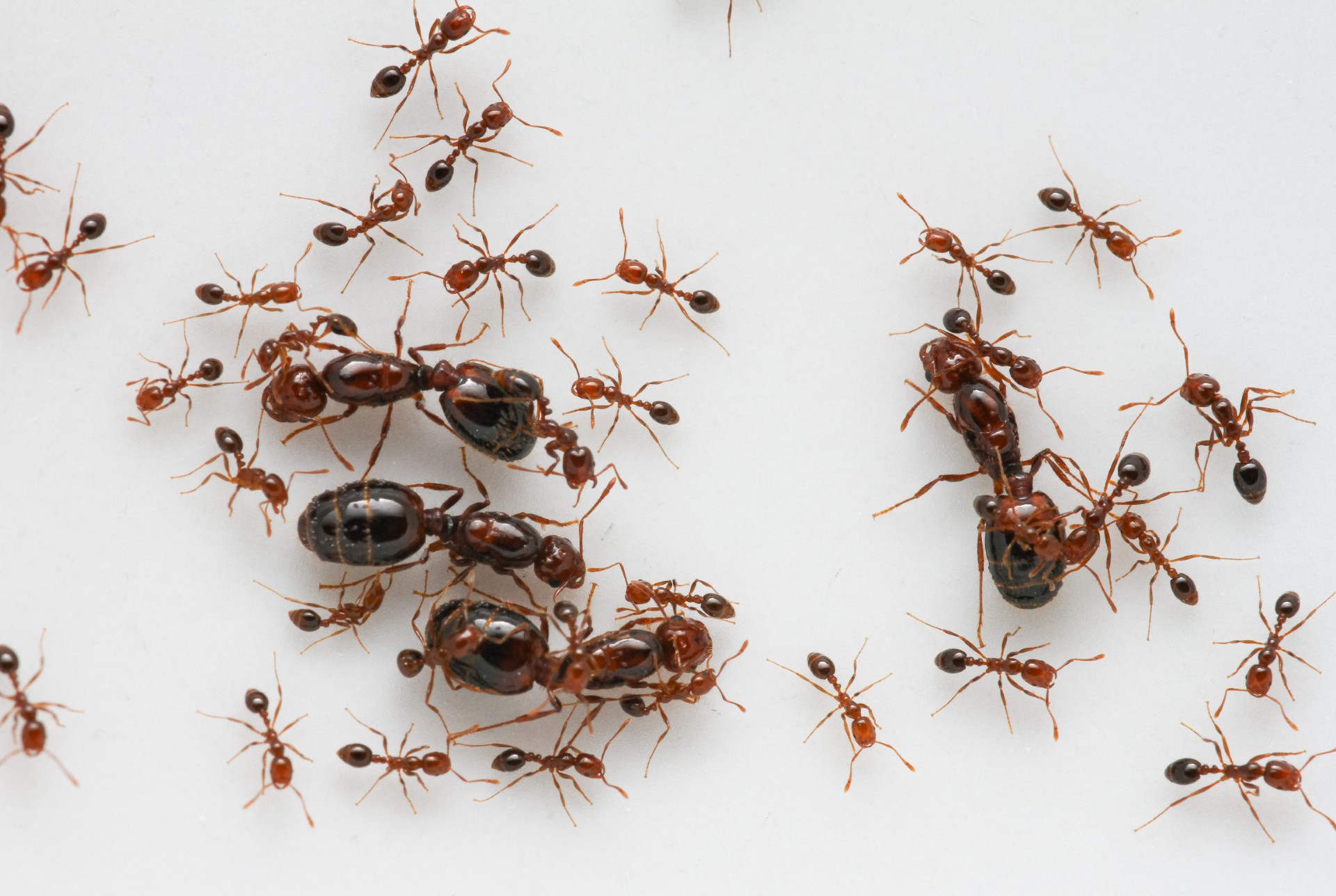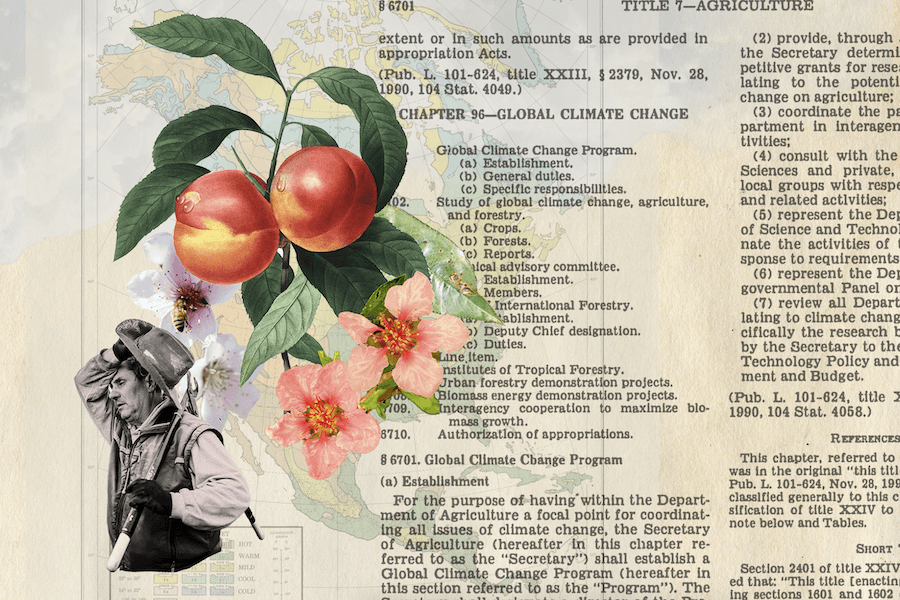 CAES News
CAES News
Weathering Change
As we move into the 2025 hurricane season, it is more evident than ever that agriculture is dependent on nature. Even seemingly minor temperature variations have a significant impact on the precise mechanics of plants, animals and insects. As average temperatures have warmed by 3 degrees over the past century, the question remains — how will we adapt our agricultural practices to ensure that all people continue to have access to food, fiber and fuel now and in the future?

